Write to us at federico.naccarato@wfp.org
In 2021, WFP Kenya established an Innovation Office within its field operation, aimed at enhancing efficiency, empowering communities and engaging the private sector. Acting as an R&D and implementation hub, this office ensures innovations benefit the public, focusing on human development and social impact. Having impacted over 500,000 people already, our goal is to reach 1.5 million within two years.
Our strategy centers on three pillars: Innovation Consultancy Services, which uses human-centered design to address real-world challenges; the Innovation Sprint Programme, which incubates and tests promising ideas; and the Scale-Up Acceleration team, which localizes innovations and leverages partnerships. County Innovation Centers (CICs) extend our deep field reach, supporting smallholder farmers and local communities while strengthening ties with government entities.
Since 2011, WFP Kenya has developed a strong partnership platform, working closely with technology companies, financial institutions, universities, and other development actors. These collaborations drive digitization and innovation, reinforcing our commitment to the Sustainable Development Goals (SDGs) and our role as a thought leader in Kenya and the broader Eastern Africa region.
The country office is dedicated to strengthening food systems and building resilience, while supporting programme teams and advancing WFP Kenya’s Country Strategic Plan. Central to this effort is fostering innovation and applying forward-thinking methodologies to help achieve SDGs 2 (Zero Hunger) and 17 (Partnerships for the Goals).
- Innovation Consultancy Services: In this pillar, we strive to make innovation a core part of our organizational culture. We work with WFP, the Government of Kenya, and other partners to build their capacity on design thinking. Guided by human centred design principles, we work with these teams to conduct user research, co-creation workshops, and rigorous prototyping and testing to generate deep insights and craft finely tuned solutions that have the potential to transform lives.
- Innovation Sprint Programme: This pillar forms the core of our operations. We identify and explore innovative ideas from within and outside WFP that have the potential to solve relevant real-world problems. We field test or pilot the ideas in the areas that WFP operates to understand how the project can best contribute to ending hunger. We continuously learn and adapt to the dynamic and often challenging contexts to ensure the final product is ready to scale. Guided by lean start up and agile methodologies, we ensure the solutions are tested in a rapid and cost-effective manner, delivering value to the organisation.
3) Scale-Up: This pillar is a vital connection that links our work with the Government of Kenya. Through our flagship county-level innovation centres, we work closely with the Government, other UN agencies, and strategic partners to scale innovative solutions across Kenya. We empower local innovators to build community-driven solutions that bring about long-lasting, meaningful, and transformative change, and we support the government to develop policies that enable local innovation.
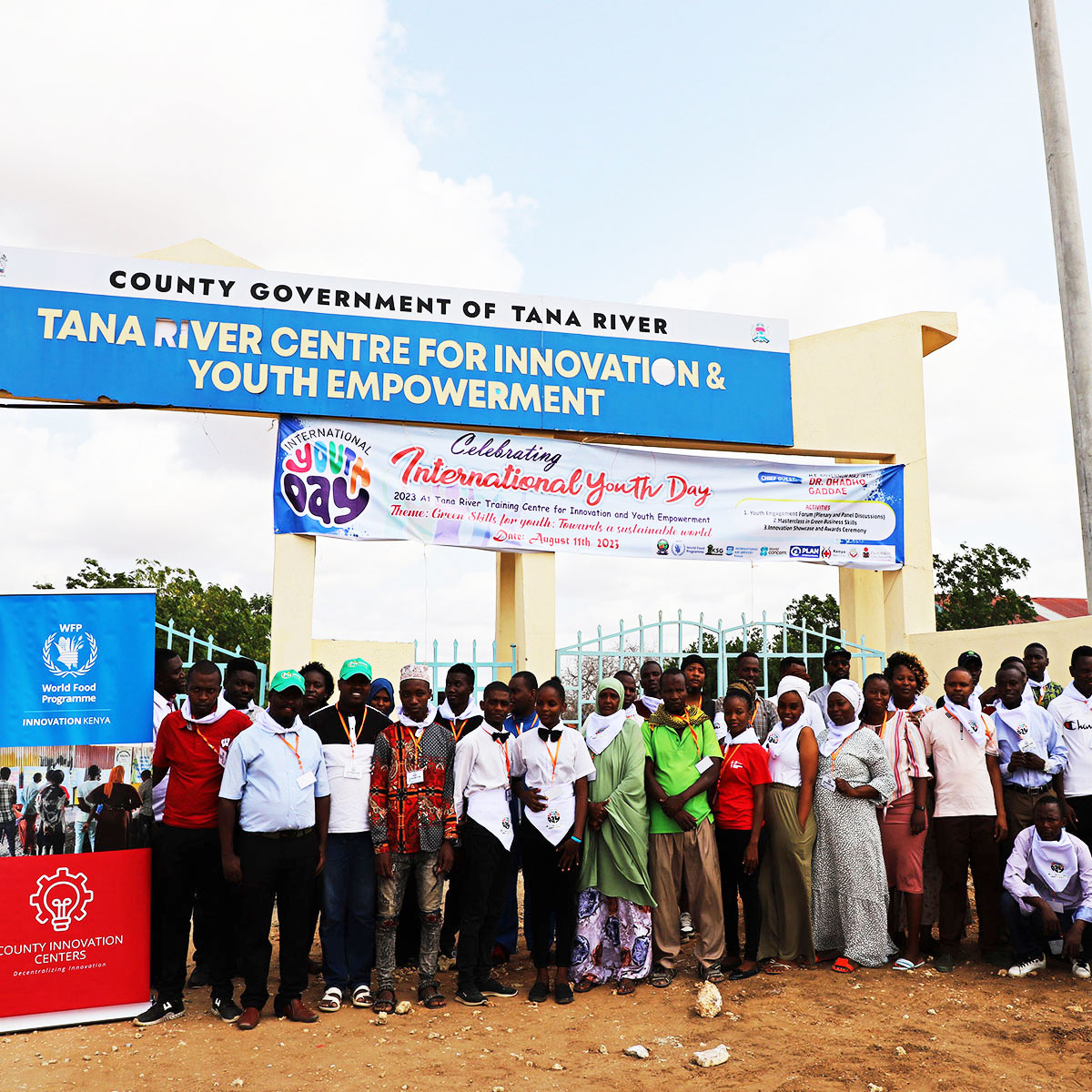
The overall goal of the CICs is to support the development of highly scalable, field tested, innovative solutions that support strengthening of resilience for vulnerable populations in the Arid and Semi-Arid lands. These innovation centers are designed to be safe spaces for county government staff, beneficiaries, and innovators to access training on innovation methodologies to develop solutions to problems faced in the counties and beyond. The centers will also provide deep field access where innovative solutions are tested rapidly with the target beneficiaries for richer learnings. Additionally, the centres will provide access to funding opportunities for innovative ideas, entrepreneurs, and startups.
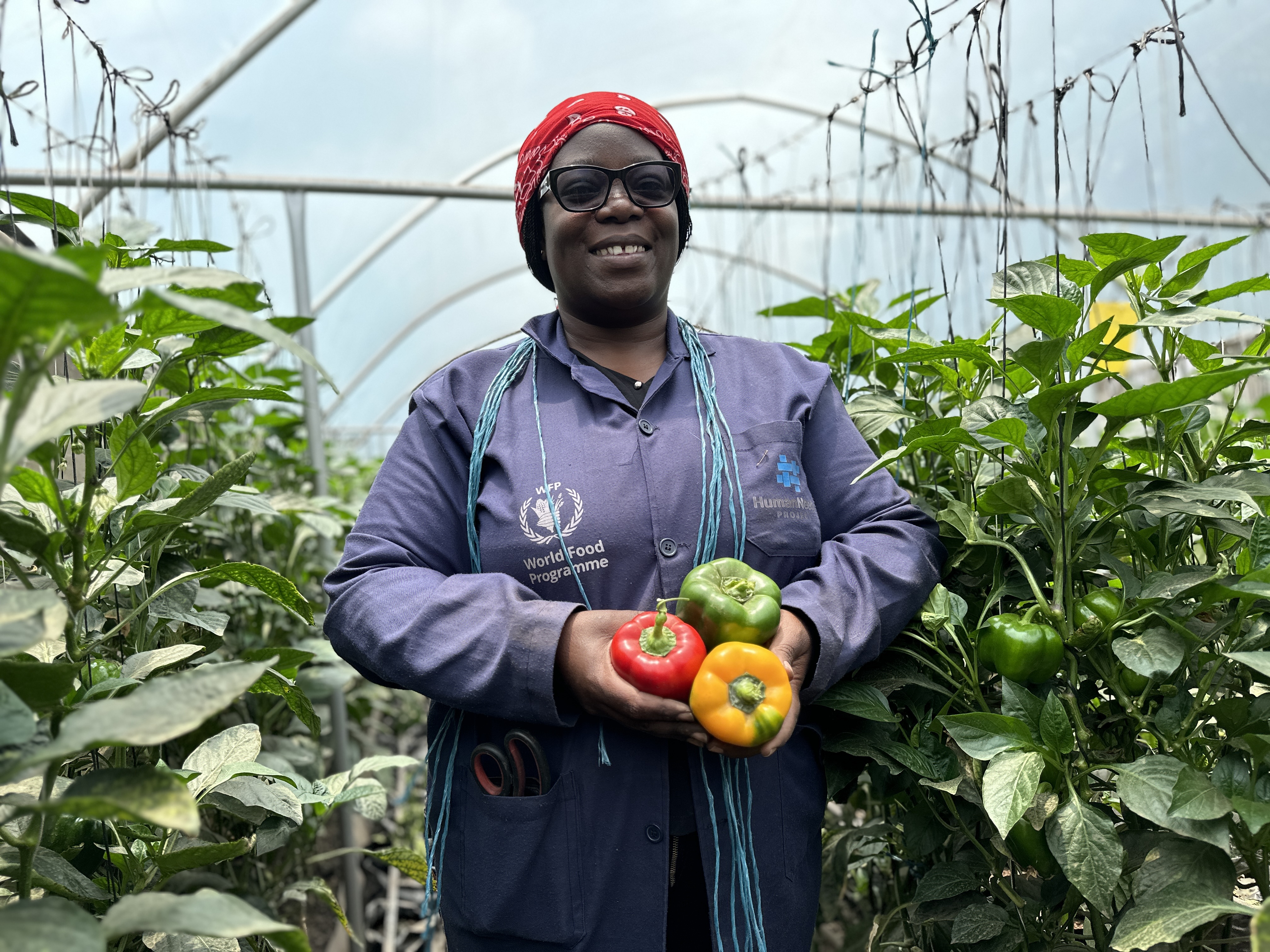
We also use hydroponics as part of school-feeding programs, providing meals to learners and educating them about innovative farming techniques. The H2Grow system supports farmers, promotes food security in ASALs (Arid & Semi-Arid Lands), and leverages innovative financing, which WFP hopes to extend to future initiatives.
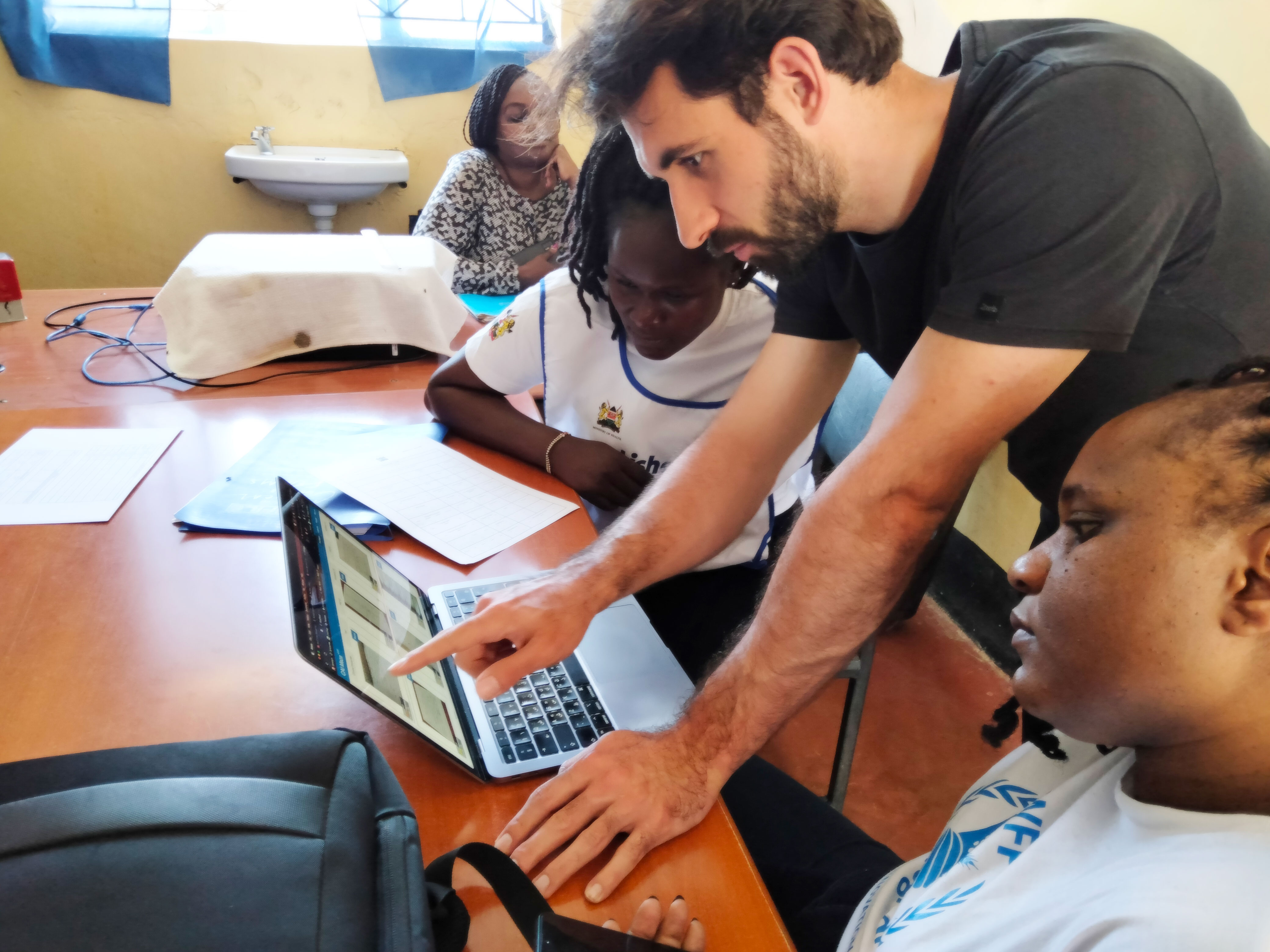

EMPACT was launched at the Kibera Town Center in 2021 following the socio-economic impacts caused by the COVID-19 pandemic. To date, more than 1,000 youth have been trained under the programme with 41 percent earning money from online work.
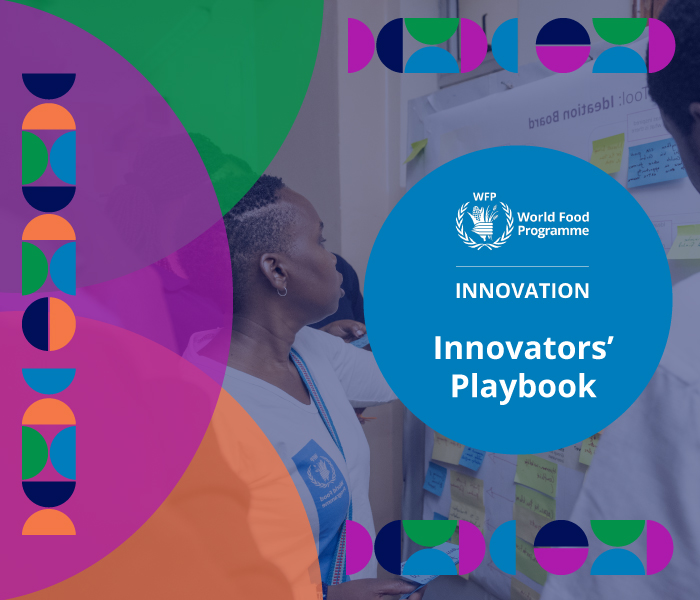
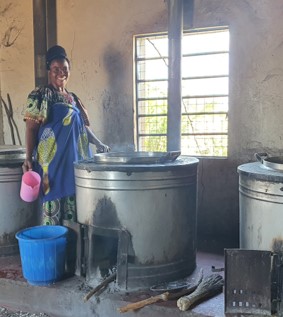
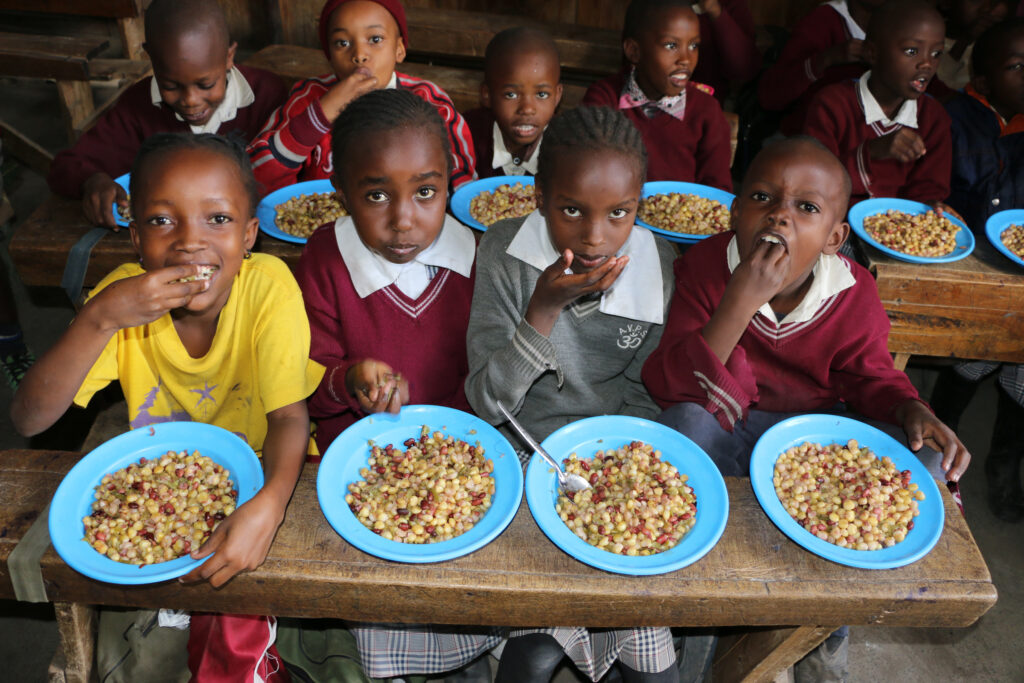
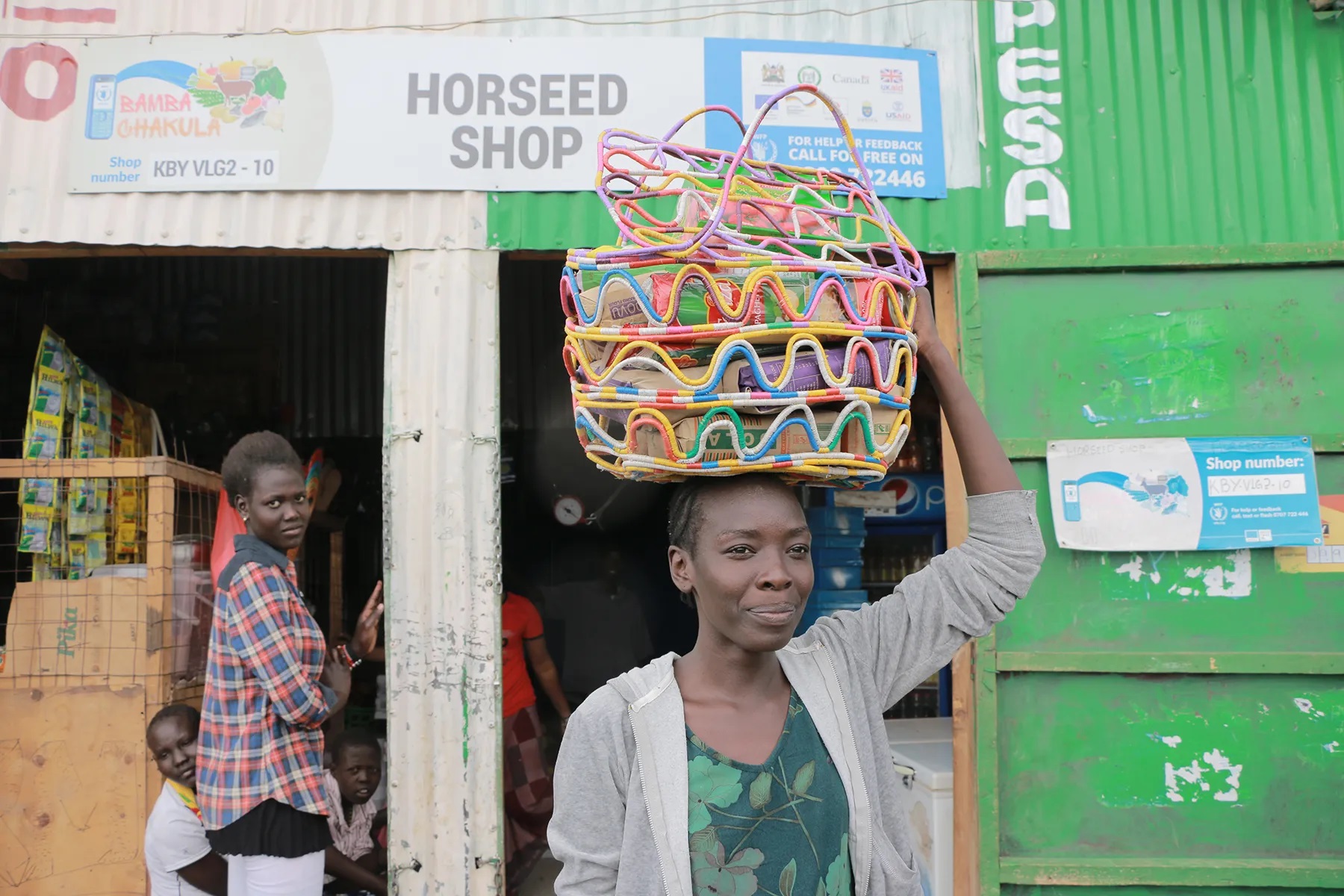
In 2015, WFP Kenya initiated an innovative approach to address this issue. We issued scratch cards at registration points, which can be used to top up the recipient's mobile money account.
This approach expedites the process by activating the scratch cards within 48 hours of issuance, ensuring swift access to much-needed funds.
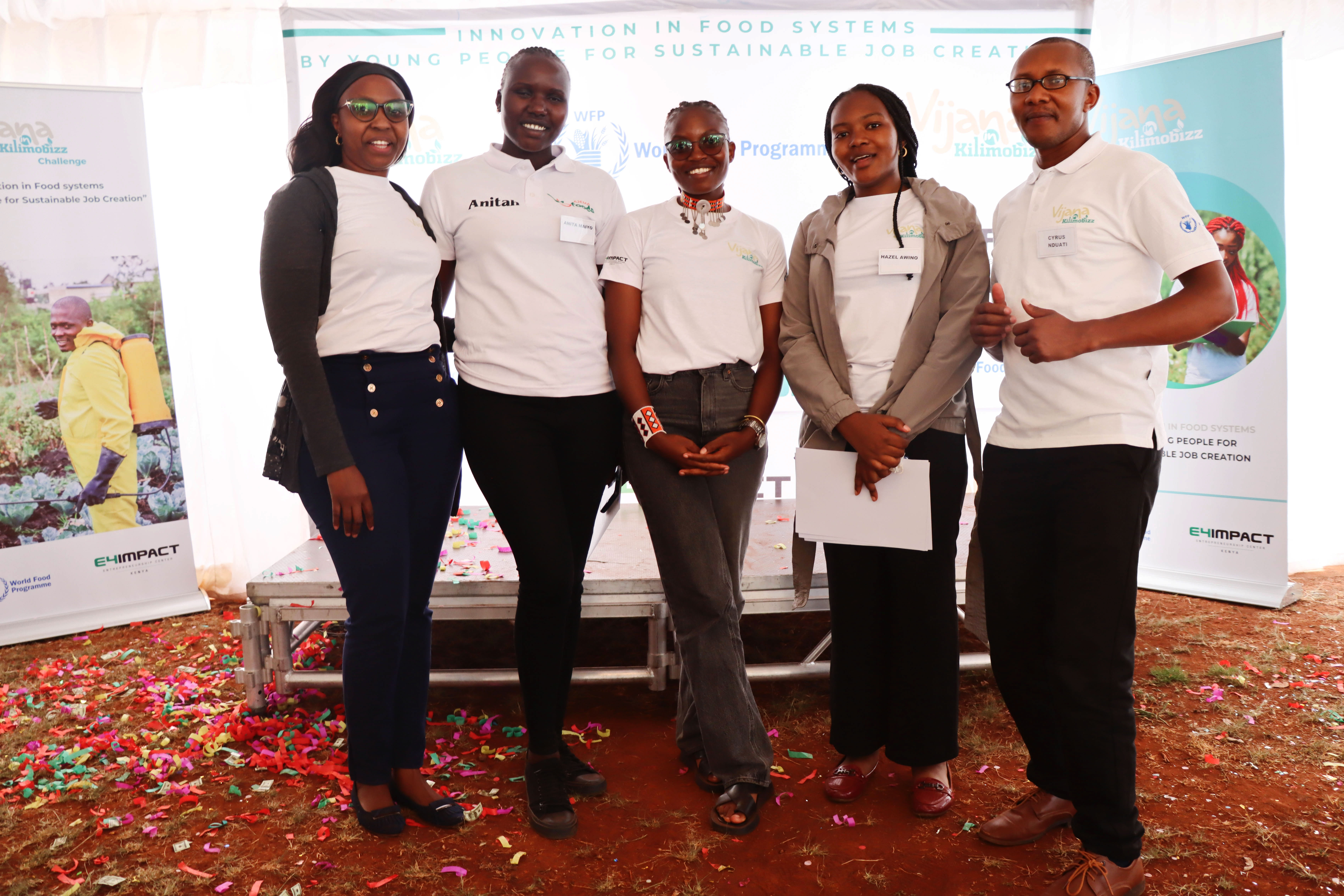
13 – mix of scale-up and early stage – ventures were selected for the tailored acceleration programme and grant funding. The majority of them are female-led companies based in ASAL (Arid and Semi-Arid Lands) and remote areas across Kenya.


